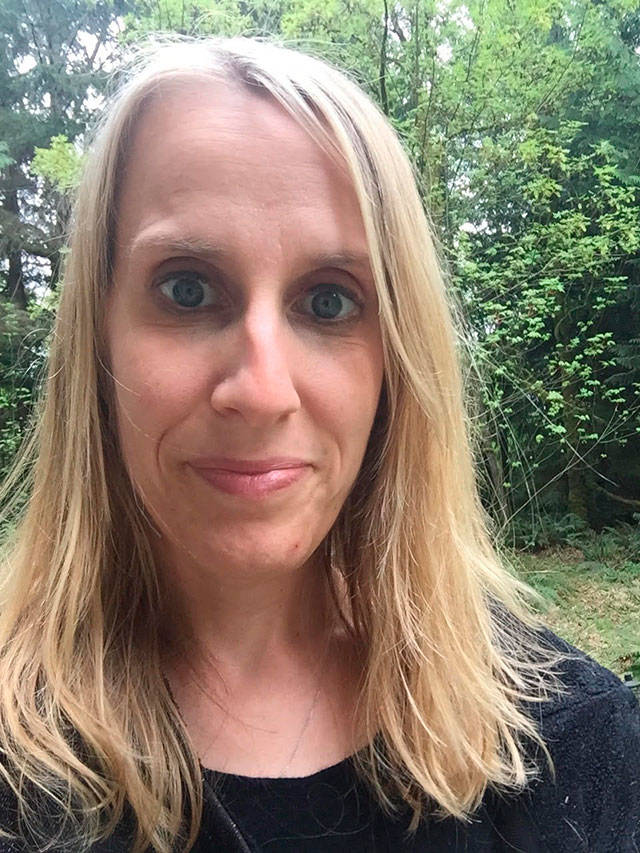Having lunch with my 9-year-old son at a restaurant lately, I looked at him across the table. He really is maturing, I thought to myself, as he gnawed into his sandwich. He’s entering into a whole other stage of things. He’s not exactly my little boy anymore. Then the radio at the restaurant started playing an old REM song, with the lyrics, “It’s the end of the world as we know it, and I feel fine.”
Do I? Do I feel fine about the end of this particular world? The world where both my son and I are a certain way, a certain age? And what do I do if I don’t feel fine about it, since time will definitely march on, whether I like it or not?
I don’t really have answers to this question, other than to share some stories that have given me some comfort as I navigate life’s sea of constant change.
My son’s great grandmother died last week. She was such a strong woman, but heartbroken over the fact that she had lost her mobility and could no longer walk. To her, when she couldn’t walk, I think it must have felt like the world had indeed ended. It was one in a series of endings that had happened to her over the years: the loss of her spouse, the loss of the home they shared together, the loss of her independent lifestyle to a nursing facility.
All these things definitely did not feel fine, either to her or to me. But there were some things, still, which did seem to point to a glimpse of everything perhaps still being somehow fine, even in the context of all that pain, even in that little room with her in her wheelchair.
One of those things was my son, taking out his violin and scratching out Beethoven’s “Ode to Joy,” causing her some genuine delight in the last weeks of her life. That this melody, written by somebody who couldn’t hear, but who could hear this music in his soul anyway, had traveled hundreds of years into this particular room and this particular time, into the hands of my son, and into his great grandmother’s ears when she most needed to hear it, was astounding. It pointed to something bigger than I can see or perceive, or express in words.
Once I knew a man for whom things were also definitely not fine. The world as he knew it had also ended. He had had a stroke, and was trying to piece together how to walk through life with this new set of realities.
His instinct was to reach out to his college biology teacher. This teacher, hearing the man’s story, took him out to a marsh, where they watched patterns of migrating geese, silently, as they flew overhead. Somehow, wordlessly, this experience was healing for my friend. As he put it, during those hours “something resolved itself.” He had found something in the vastness of the sky, in those geese, in the silence, in the understanding love of his teacher, that made something, somewhere, feel fine, amidst the ending of this particular world.
The common element in each of these stories to me is a looking out upon the horizon. Just like when we’re on a boat and the seas are choppy, it can help us to gain our equilibrium if we’re looking at a point somewhere out in the distance beyond us and our particular craft: a mountain; a line of sky against water; the ancient-ness of beauty, song, love and joy; a line of geese arching across the sky.
It’s an ongoing struggle to me sometimes to keep this broader horizon in view, when things get painful and seem to close in around me, or around those I love; when the world that I know seems to be ending; when I don’t know what world will rise up to replace it.
It helps me to remember that the world is vast, and that there are just some things I will never understand, like how some things can be deeply not fine, and yet deeply fine, all at the same time. Some things will remain hidden from me. Some things will be beyond words.
Franz Wright says in one of my favorite poems, “Cloudless Snowfall”:
Vast whisp whisp of wingbeats
awakens me and I look up
at a minute-long string of black geese
following low past the moon the white
course of the snow covered river and
by the way thank You for
keeping Your face hidden I
can hardly bear the beauty of this world.
— Elizabeth Fitterer is an islander and a member of the Puget Sound Zen Center.



